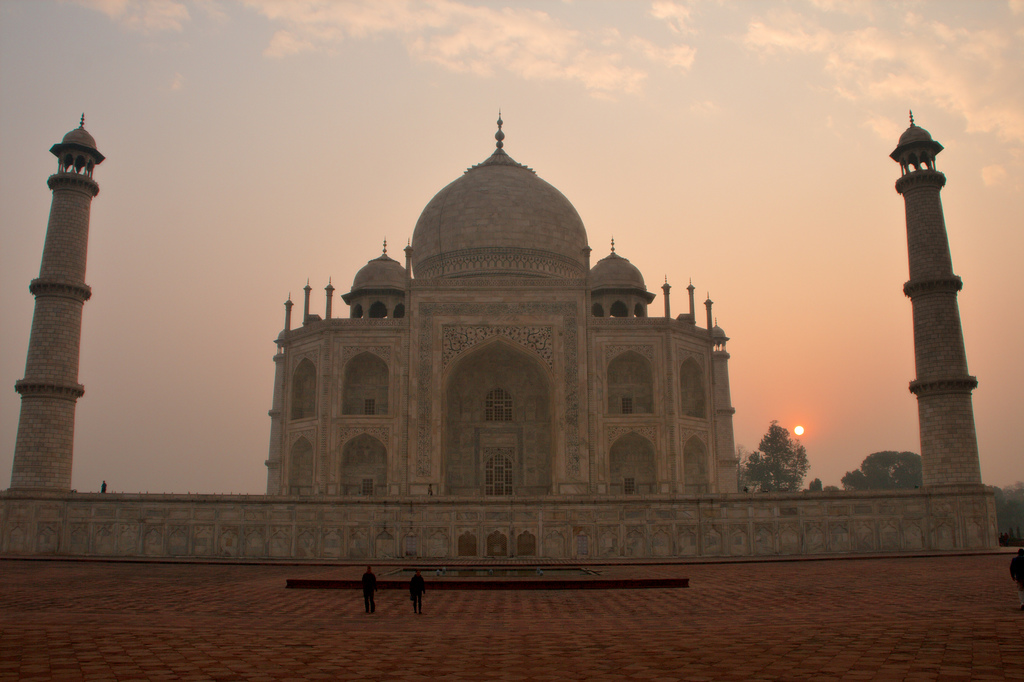The Peninsula
South Korea – India Relations: Missed Opportunity in an Emerging Relationship?

By Nicholas Hamisevicz
In the last year, South Korea and India have upgraded their relationship to a “strategic partnership.” The increased ties between the two countries were kicked off with South Korean President Lee Myung-bak’s state visit to India in 2010 and followed up by delegations from both countries that built upon economic and cultural ties. However, some of the main meetings that usually help to define the “strategic” aspects of bilateral relations have yet to occur this year.
The joint statement of 2010 elevated South Korea-India relations to a strategic partnership and designated 2011 as the ‘Year of Korea’ in India and the ‘Year of India’ in South Korea. In 2011, both sides have sought to build upon those ties. Indian President Pratibha Patil visited South Korea and, despite the Fukushima nuclear disaster in Japan, South Korea and India continued to develop their nuclear partnership with the conclusion of the Agreement for Cooperation in the Peaceful Uses of Nuclear Energy. In addition, South Korea’s Minister of Foreign Affairs and Trade, Kim Sung-hwan met with India’s Secretary of their Department of Atomic Energy, Srikumar Banerjee during the signing of the nuclear cooperation deal. Both of these visits were important and may help in the strategic aspect of India-South Korea relations, but the meetings didn’t provide the comprehensive framework needed for developing the relationship that meetings between the foreign or defense ministers would accomplish.
Have both South Korea and India missed an opportunity to augment the “strategic” aspect of their “strategic partnership” by not having the foreign or defense ministers of their respective countries meet in 2011? Both ministries are intimately connected to the core strategic elements of foreign relations and additional discussions between the two would help to continue to define and expand an important emerging relationship in Asia. With the year almost over, the opportunity may have slipped away, though some reports still suggest that South Korea’s Defense Minister may visit India this year.
Both South Korea and India are expanding their respective regional and global influence, while dealing with security concerns regarding their turbulent neighbors, North Korea and Pakistan. Obviously much of these efforts will fall on the foreign and defense ministries, making it difficult to have yearly meetings. However, in the joint statement from President Lee’s visit, both sides placed political and security cooperation first in the list of elements for the future relationship. India and South Korea have a Joint Commission that is chaired by the foreign ministers, and the joint statement “acknowledged the necessity of holding the Joint Commission on an annual basis.” So far, the Joint Commission has yet to meet this year. Moreover, during his visit to South Korea last year, India’s External Affairs Minister S.M. Krishna, India’s equivalent of the foreign ministry, gave a speech at the Institute for Foreign Affairs and National Security in Seoul, laying out six steps to building stronger relations between India and South Korea. His first step was to use high level exchanges to “consolidate and strengthen” the “political partnership” of the two countries.
As mentioned, high level meetings have taken place this year between South Korea and India. Yet the strategic planning and implementation of policy often falls to the defense and foreign ministers. If the two countries can get a meeting in this year, it would be beneficial. But with the year quickly coming to a close, the second best option would be for South Korea and India to have their foreign ministers meet at a ROK-India Joint Commission meeting in early 2012 along with defense minister visits as well. Opportunities to define and enhance the South Korea-India strategic partnership should not be missed but seized upon to strengthen this important growing relationship in Asia.
Nicholas Hamisevicz is the Director of Research and Academic Affairs for the Korea Economic Institute. The views represented here are his own.
Photo by Christian Haugen
